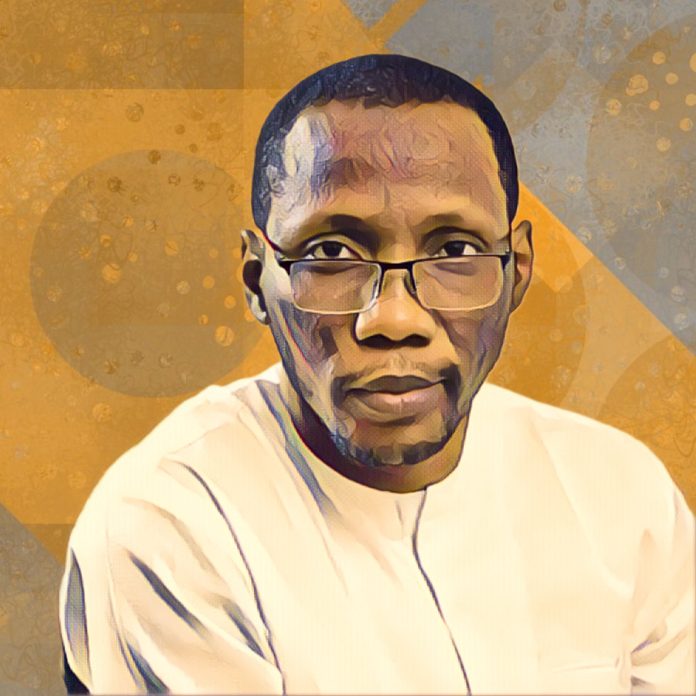The Department of State Services (DSS) has released Adejuwon Soyinka, a former editor of the BBC Pidgin Service, after detaining him for several hours at Lagos’s Murtala Muhammed International Airport. Soyinka, who now serves as the West African editor for The Conversation Africa, was arrested by DSS operatives upon his return from the UK.
Unexplained Detention Raises Concerns
The DSS did not initially provide a reason for Soyinka’s detention, sparking concerns about a possible crackdown on press freedom in Nigeria. Soyinka’s arrest follows a troubling pattern of actions against journalists in the country, where media professionals increasingly face harassment, detainment, and censorship.
DSS spokesperson Peter Afunanya initially denied knowledge of Soyinka’s arrest, despite multiple inquiries. Later, he confirmed the detention, attributing it to a request from another undisclosed agency. This lack of transparency has fueled speculation and criticism from both local and international observers.
Growing Pattern of Press Suppression
Soyinka’s detention is not an isolated incident. The International Press Institute (IPI) Nigeria, a prominent global network of editors and media professionals, intervened in this case, leading to his release. The organization has been actively monitoring and advocating against the ongoing suppression of journalists in Nigeria.
Earlier this year, other journalists faced similar fates. In March, Segun Olatunji, a former editor of FirstNews, was detained in Lagos. Then in May, Daniel Ojukwu from the Foundation for Investigative Journalism (FIJ) was held by police for ten days. That same month, Jamil Mabai, a freelance journalist, was detained by the Katsina Hisbah religious police. These instances underscore a growing trend of media suppression, where journalists are targeted by various state agencies, including the Nigeria Police Force National Cybercrime Centre (NPF-NCCC).
International Response and Ongoing Concerns
The arrest and subsequent release of Soyinka highlight the broader issue of press freedom in Nigeria. The government’s actions have drawn criticism from international media rights organizations and prompted calls for more substantial protections for journalists. The International Press Institute, among others, continues to urge Nigerian authorities to uphold the rights of journalists and ensure a safe environment for media practitioners.
There is increasing worry that such detentions are becoming a tool to silence dissent and critical voices. The absence of clear justifications for these arrests, combined with the involvement of multiple security agencies, raises concerns about the rule of law and transparency in Nigeria’s democratic framework.
As Nigeria faces mounting scrutiny from the international community, the government is urged to respect press freedom and provide a transparent explanation for actions against journalists. The recent release of Soyinka, while a relief, is a reminder of the precarious state of press freedom in the country.
Source: Vanguard



